Nigerians seem to be at crossroads over the move by the Federal Government to suspend payment of subsidy on Premium Motor Spirit (PMS), popularly called petrol.
President Muhammadu Buhari had in August 2021 signed the Petroleum Industry Bill into law, signaling an end to petrol subsidy.
But in what looks like a dramatic twist, the Senate President, Mr. Ahmed Lawan, had last week during a meeting with Buhari, said the President has not authorised the removal of fuel subsidy.
Nigerians and stakeholders alike were still dissecting the comments of Lawan when they were confronted with another position of the National Executive Council (NEC) which suggests that the Federal Government may not be in a position to continue with petrol subsidy.
If the recommendation of the ad-hoc committee of NEC was implemented by the Federal Government, it might increase the price of petrol to N302 per litre in February.
This position, however contradicts the stance of the Federal Government as put forward by the Minister of Finance, Budget and National Planning, Mrs. Zainab Ahmed, that funding of petrol subsidy will continue till June because it has made provisions for it in the budget.
Governor Godwin Obaseki of Edo State said the Federal Government was spending about N2 trillion on petroleum subsidy annually.
The governor said the amount could have been used for other purposes, adding that petrol, which sells for N162-165 per litre in Nigeria, is 100 per cent higher in other countries.
According to him, the NEC wondered whether that should be allowed to continue in a situation where, he pointed out, only two-thirds of the states of the federation consume the subsidy.
Nasarawa State Governor, Abdullahi Sule, said: “As you are aware, the issue of subsidy has been one matter that NEC has deliberated on for more than a year now.
“There was an ad-hoc committee, which was set up by NEC headed by Governor Nasir El-Rufai of Kaduna State that included members of the Executive arm of government.
“The committee worked on recommendations as to what we should do about the cost of PMS locally because as you realise, as has been told us, the cost of PMS in Nigeria today is about N162 per litre, whereas every other country surrounding Nigeria is selling the same product at more than 100 per cent of the cost in Nigeria.
“And the country as at last year spent in excess of N2 trillion subsidising petroleum products. That is money that could have gone into building roads, money that could have gone into healthcare and education.
“So, for NEC, the arguments have been put out: should we continue this regime of spending money we do not have to subsidise the living standards of only mostly those who have vehicles?
“And when NEC looked at some of the analysis last year, we then realised that less than 1/3 of the states of this country consume two-thirds of the subsidy.
On his part, former Head of State, Abdulsalami Abubakar, has warned against removing fuel subsidy, saying the decision will push more Nigerians into poverty.
Abubakar stated this at the 19th Daily Trust Dialogue in Abuja, last week.
The recommendations were put forward by the NEC ad-hoc committee interfacing with the Nigerian National Petroleum Company (NNPC) on the appropriate pricing of petrol in Nigeria.
Commenting on the development, Abubakar said: “The expected fuel price increment will push more Nigerians into poverty.
Over 80 million Nigerians are still cut off by poverty. Nigeria faces a food crisis worsened by the global COVID-19 pandemic.”
The Nigerian Labour Congress(NLC), which has consistently warned against subsidy removal, also last week reiterated its earlier position against the move.
NLC Chairman in Ebonyi State, Mr. Ikechikwu Nwafor, warned that the planned removal of fuel subsidy and subsequent increase in fuel price would affect every facet of life, including transportation, cost of food items, clothing, housing and others.
Nwafor stated that it was high time Nigeria fixed its own refineries, adding that Nigeria can end the importation of fuel in the country if it can have the refineries working.
“We should understand that this is not the right time to increase the pump price when the cost of living is already difficult. Prices of food commodities are already beyond the capacity of civil servants.
“How will the civil servants, who are the engine of the economy, cope?
“What we are telling the Federal Government is to consider the consequences of the increase on the masses and the current economy,” Nwafor said.
He warned that the increase is going to affect every facet of life, including transportation, high cost of food items, clothing, housing, among others.
He also stated that the NLC Chapter in Ebonyi State plans to embark on a protest on January 27, urging all Nigerians and Ebonyi state to rise against the removal of oil subsidy and hike on fuel price.
“Of course, the increase is going to affect all citizens and we are saying no to it,” he said.
Meawhile, the Organised Private Sector of Nigeria (OPSN) recently presented three prerequisites that will ensure a rancour-free removal of the fuel subsidy and prevent economic disruption and industrial disharmony in the country. The OPSN comprises Manufacturers Association of Nigeria (MAN); Nigeria Association of Chambers of Commerce, Industry, Mines and Agriculture (NACCIMA); Nigeria Employers’ Consultative Association (NECA); Nigeria Association of Small Scale Industries(NASSI) and Nigeria Association of Small and Medium Enterprises (NASME).
Proffering ways to ensure a rancor-free subsidy removal, its Chairman, Taiwo Adeniyi, said: “The controversy being generated by fuel subsidy is getting to a crescendo and it will be important to guide government and other stakeholders.
“While there are proponents and opponents of the fuel subsidy regime, three things are indisputable: the fuel-subsidy regime seems fraught with corruption, with few petroleum importers benefiting. The subsidy payment is a huge leakage from the revenue portfolio of the nation and there is a need to address it urgently to free up needed funds for development. The resuscitation of the four refineries that millions of dollars had been invested in their Turn Around Maintenance (TAM) or outright sale of the refineries to private investors to enhance their sustainability.
“Specific relieves to address the anticipated drastic reduction in the citizen’s disposable income and standard of living. It is expected that an increase in fuel price will have a direct and immediate consequence on transportation and costs of foodstuff, amongst others.
The touted N5,000 monthly stipend to 40 million poorest of the poor will most likely aggravate tempers. A more sustainable, well-thought-out relief should be proposed.’’ (Daily Sun)


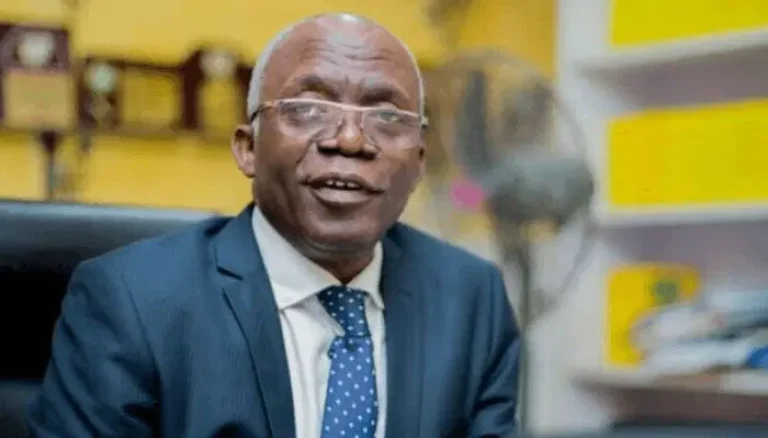
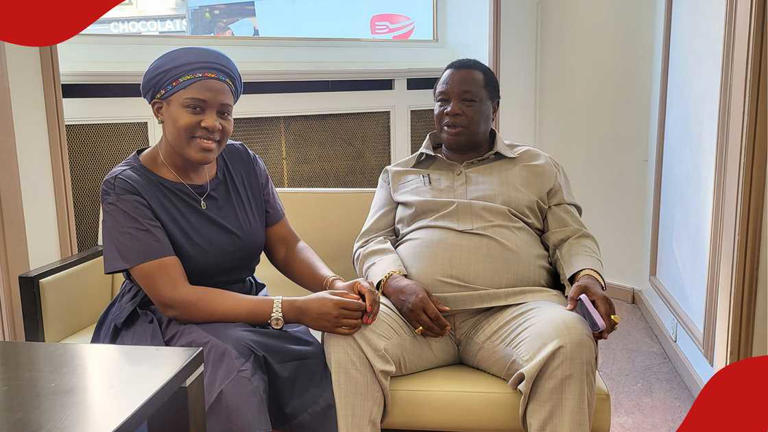
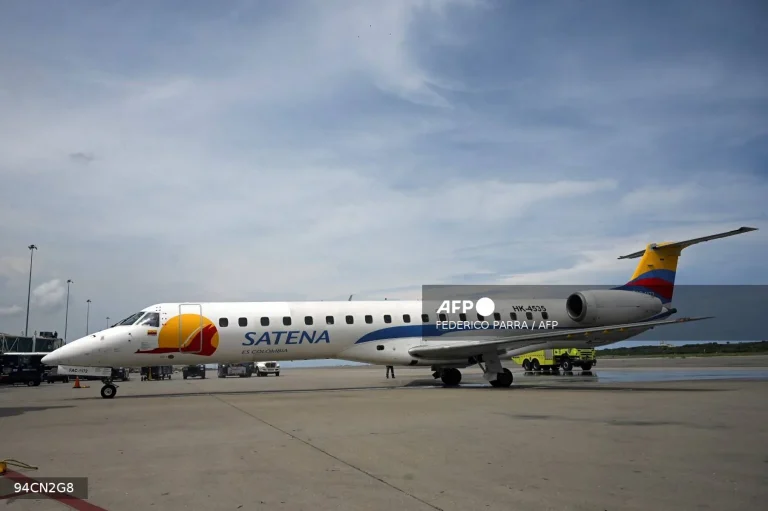
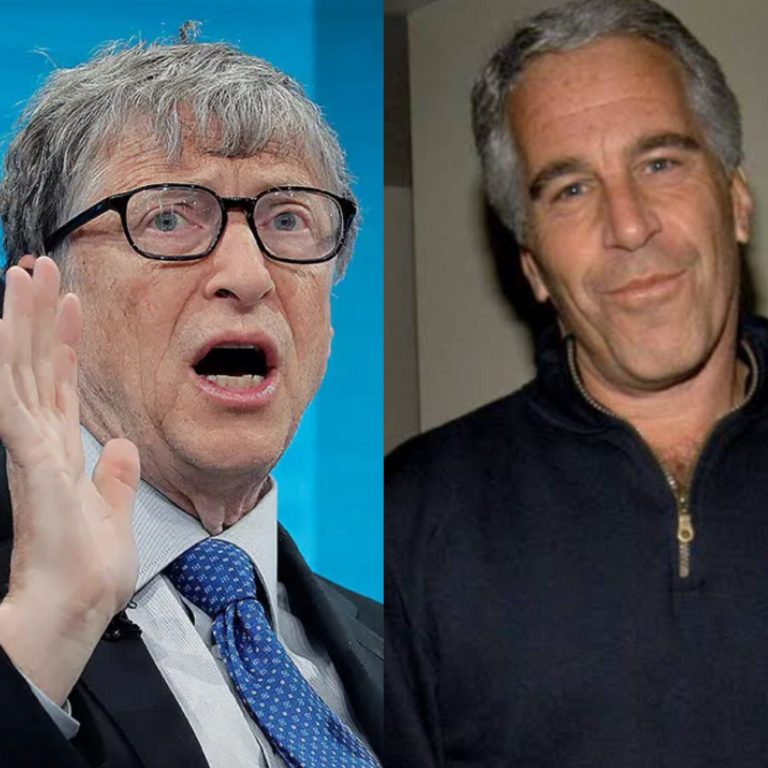
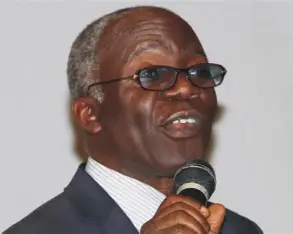

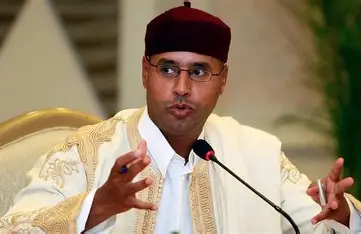
105938 657650Hello! Ive been reading your web site for a while now and finally got the courage to go ahead and give you a shout out from Kingwood Texas! Just wanted to say keep up the excellent function! 309641
917587 242263wohh precisely what I was looking for, thankyou for putting up. 161579
579959 764647so considerably fantastic information on here, : D. 116688